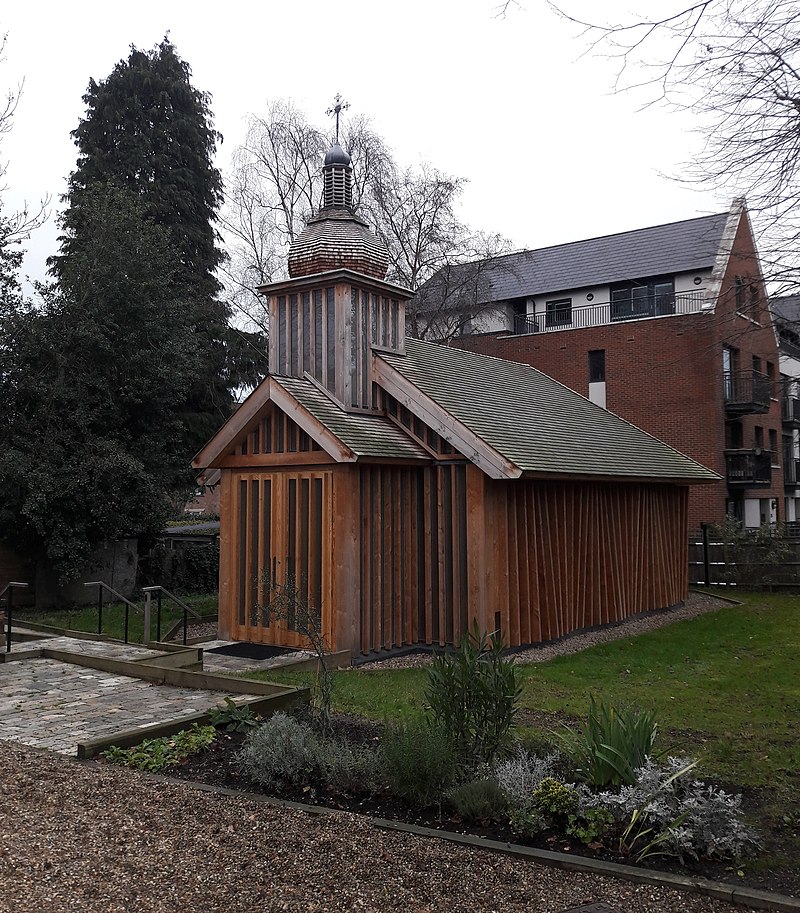Belarus is a country which generally keeps a low profile, yet finding itself in the eye of a geopolitical maelstrom; a place which is normally less than a three-hour flight from London, yet being cut off from international air travel after government-sponsored hijacking; a small nation which is relatively little known to the world, yet producing two Nobel laureates over the last decade; a state which acquired its independence only 30 years ago, yet a land of rich and diverse history.
Belarusians had been visiting and residing in the British Isles since at least the 15th century, however organised life was established only after World War II, when thousands of ethnically Belarusian military personnel in the Polish Anders Army, as well as persons displaced by the hostilities, landed on British shores. Besides cultural centres in Islington, Manchester and Bradford, the new arrivals established a Byzantine-Catholic chapel in Woodside Park. After nearly 70 years of existence, the chapel was replaced by a standalone wooden church – the first church built with wood in London since the Great Fire!
Byzantine Catholicism is one of the denominations that have existed in Belarus over the centuries – the land has also been home to Orthodox, Roman-Catholic and Protestant Christians, as well as Muslim Tatar groups and large and vibrant Jewish communities (from which many world famous figures such as Marc Chagall and Chaim Weizmann originate).
Across the road from the Belarusian church, there is a dedicated library opened in the 1970s. It has a rich collection of Belarus-related books in different languages – from some fascinating pre-1800 publications to works of the recent Nobel laureates, Svetlana Alexievich and Ales Bialiatski. It also houses a small but interesting museum which illustrates various aspects of Belarusian culture and history.
